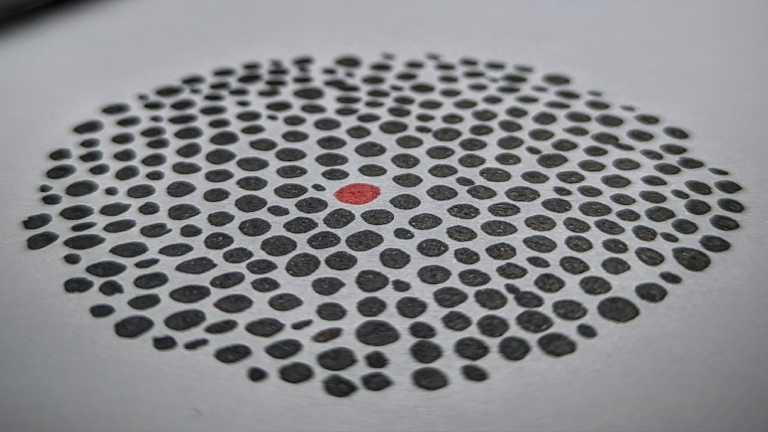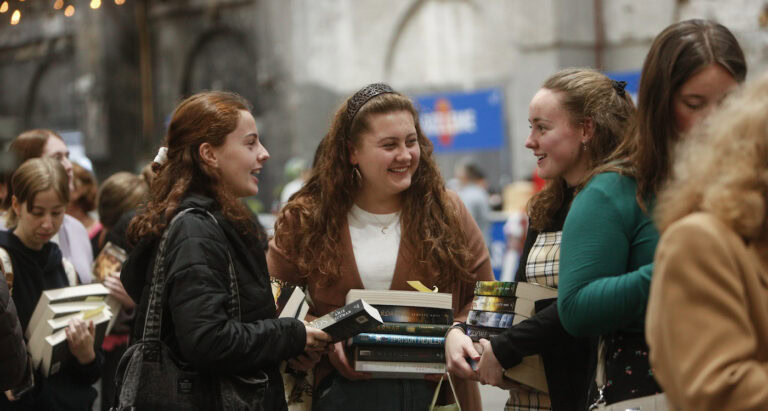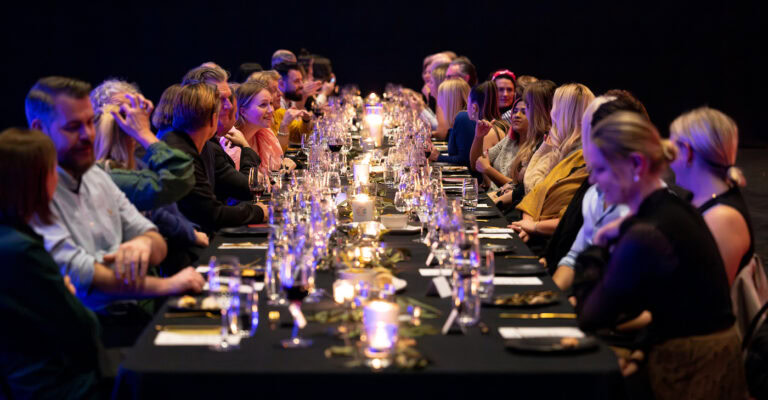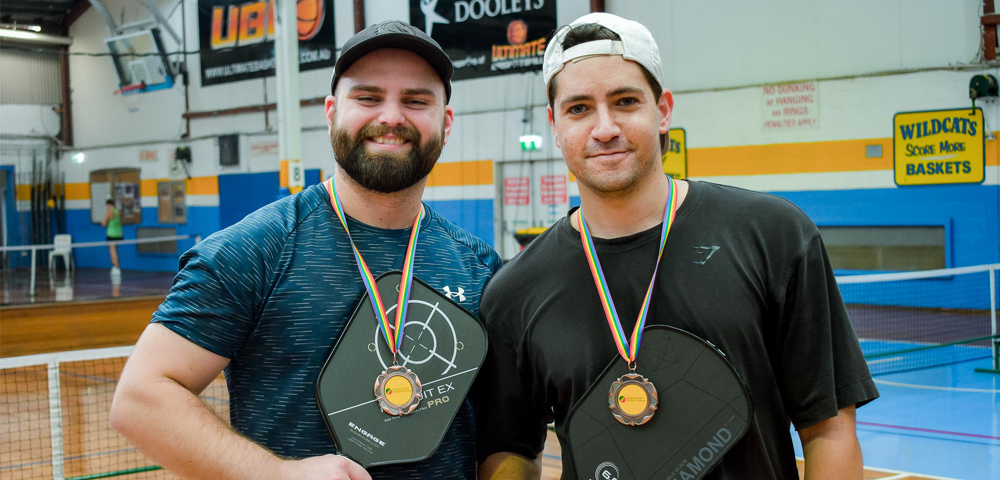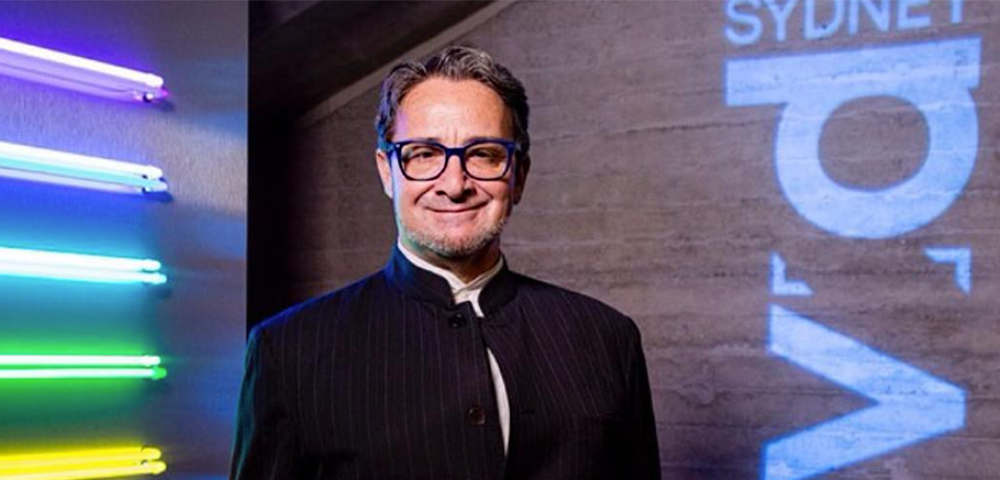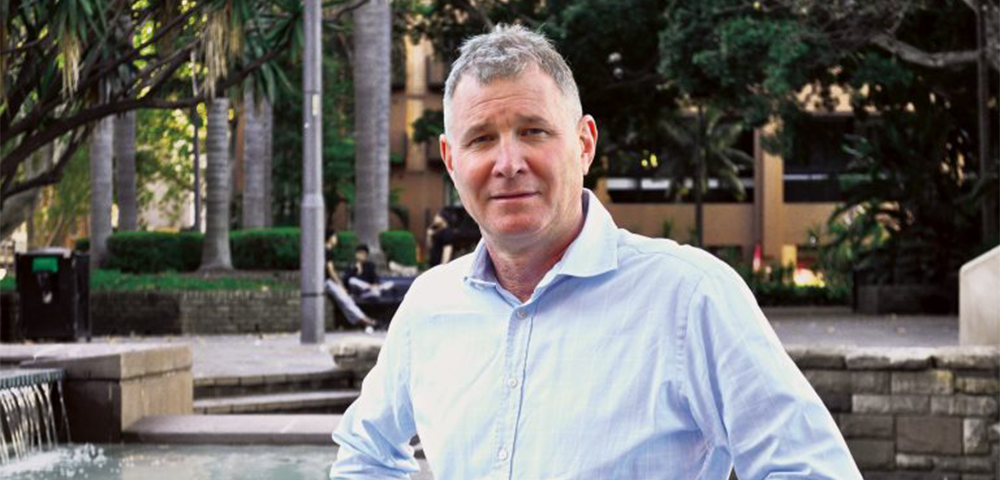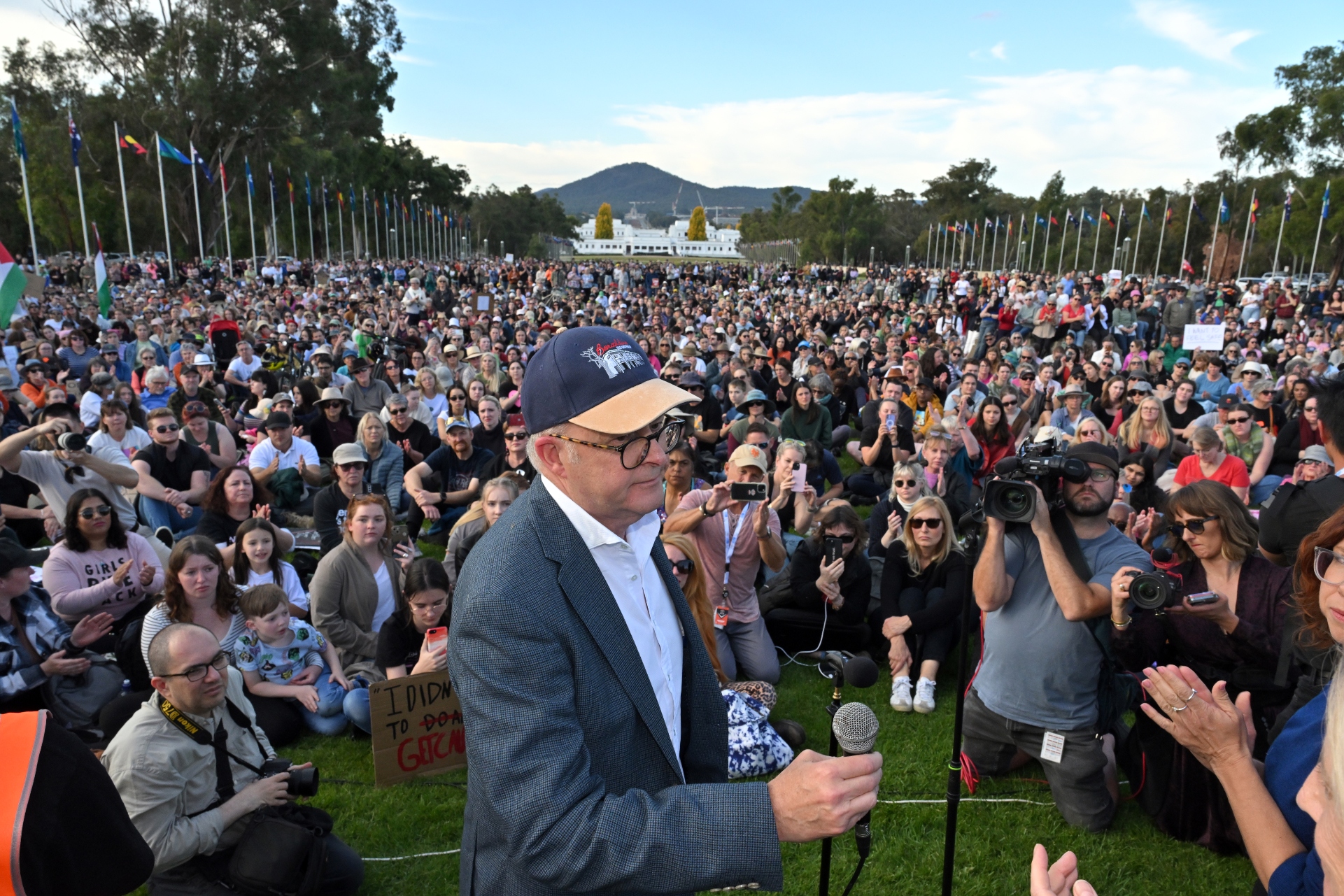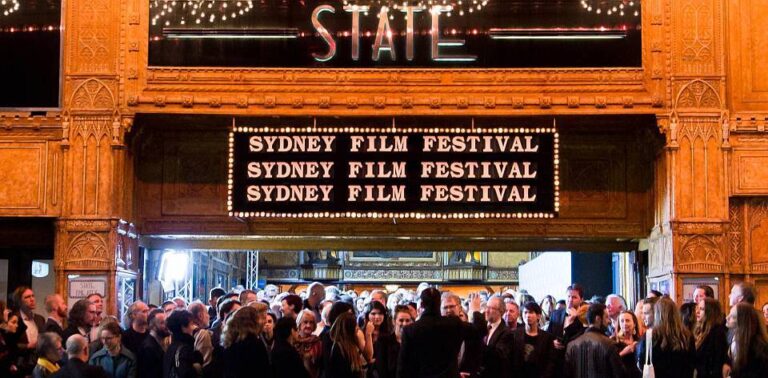
Seriously queer
When UTS architecture academics Naomi Stead and Jason Prior began planning a conference about queer space for the Mardi Gras festival, they were eager to look beyond the obvious.
Rather than limit themselves to physical gay centres like Oxford Street, they wanted also to consider discursive space, intellectual space, Stead says.
They have clearly achieved their goal. Gay and lesbian youth websites, slang used at New Zealand beats and Islamic dress are all on the list of papers to be delivered at the Queer Space: Centres and Peripheries conference at the UTS Faculty of Design, Architecture and Building in Ultimo later this month.
If those topics push the limits of what’s conventionally considered queer space, that’s exactly how the conference organisers want it.
It’s taking a subject which isn’t conventional and putting it into the broader context of the university and also making connections across the community, Prior says.
The event’s subtitle Centres and Peripheries underlines the desire to look outside the so-called gay ghettos. About 40 Australian and international academics and commentators from fields including architecture, history, literature and media have taken up their invitation.
It’s bringing these people together for the first time in some time. And it’s bringing them from such diverse areas, Prior says.
Among the line-up at the conference -“ a Mardi Gras first -“ is Auckland academic Welby Ings, who will tackle the little-publicised topic of New Zealand beat slang. Ings will examine how so-called bog speak has evolved over more than 100 years, based on interviews with scores of beat users.
From Britain, humanities academic Ika Willis will offer her take on Slash, the genre in which authors rewrite film, fiction and other popular culture with lesbian and gay storylines.
Monash University’s Ibrahim Abraham will use his paper The Veil And The Closet to explore the Islamic veil and its place in queer theory. Other Australian commentators will look at the vibrant gay life outside the urban areas that dominate coverage of queer culture.
Most of the critiques of rural gay life have been from a city-centric perspective, Prior says.
The papers here show rural gay life is quite distinct and valuable to the people who live there, and they don’t have anything to do with the city.
Not that Darlinghurst and other urban centres will be ignored. One paper will contrast youth website Mogenic.com and Oxford Street as gay ghettos in the new millennium. And Prior is planning to deliver a paper on queer experiences in Sydney, Montr? and New York.
UTS is also hosting a Queer Asian Sites conference, focusing on queer Asian studies, around the same time as the Queer Space event. The two events will share a keynote speaker, US academic and international authority on sexuality and queer theory, David Halperin. He too plans to take a broader view of queer space while in Sydney.
I’m not an architect or an urban planner. I’m interested in how we describe the inner space of gay subjectivity, how we think about what goes on inside gay men, Halperin says.
The University of Michigan professor will look at sexual risk-taking in the gay community, an area he believes has been misinterpreted.
The question of why some gay men still take some risks in their sexual practices has occasioned a whole cottage industry of psychological speculation about what goes on inside gay men, he says.
Almost all of it [is] as if to say, -˜What’s wrong with men? Why do they behave so badly and so self-destructively? How can we come up with a description of what goes on inside them that will account for this incomprehensible behaviour?’
I think that the notion that gay men are behaving self-destructively or incomprehensibly has been vastly exaggerated. I reject to some extent the notion that there is a psychological problem that has to be solved.
Halperin expects debate, rather than definitive answers, at the Queer Space conference. The breadth of material and speakers suggests he’ll be in good company.
I’m one of those perverts who is less interested in what things are really like than how we think about them, Halperin says.
Luckily there’s a place in the world for perverts like me, namely the university.
Queer Space: Centres and Peripheries is on 20 and 21 February. For more information visit the Queer Space website.
The Queer Asian Sites conference runs 21-23 February. For more information visit the Queer Asian Sites website.
